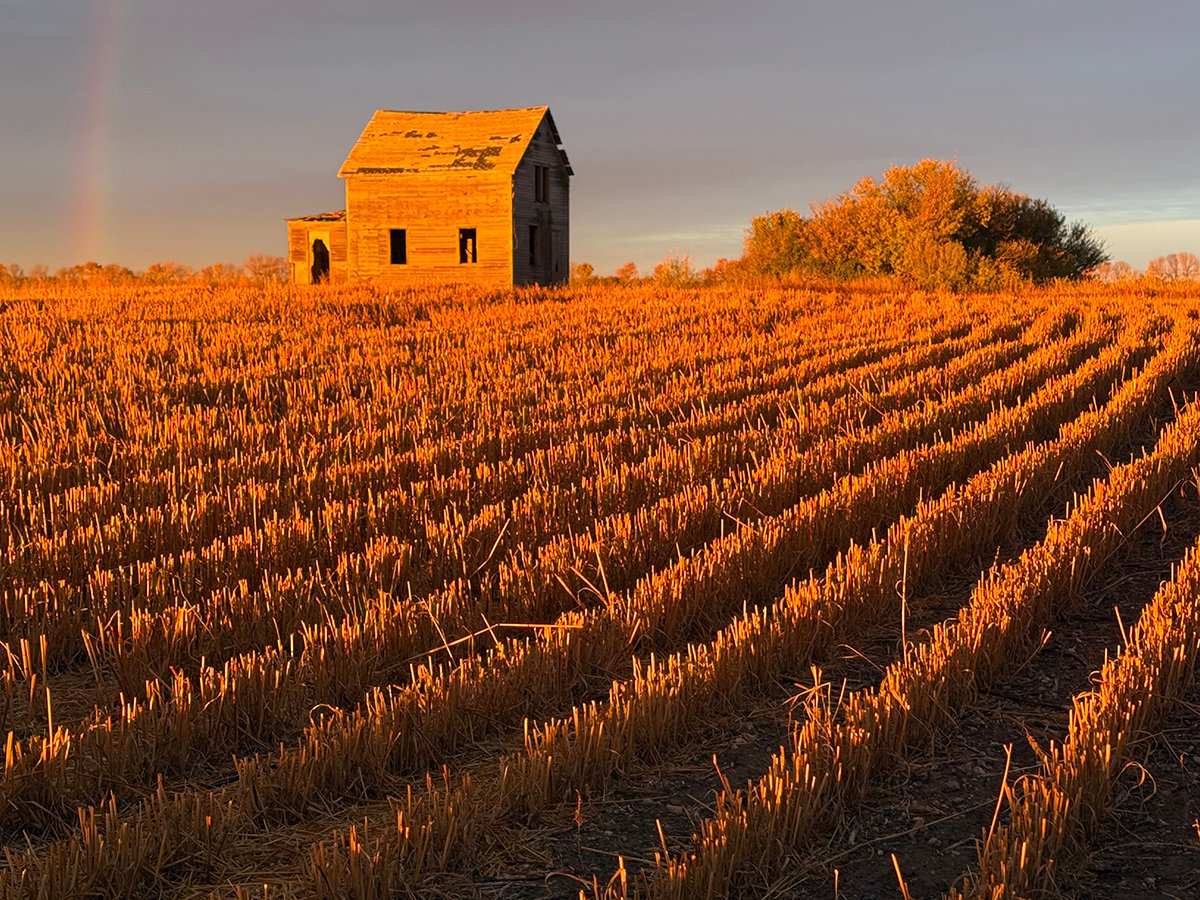TRURO, N.S. – Brian Yuill admits that he didn’t quite finish school before returning to the family farm. But in truth, all the farm management training in the world would not have led him and his wife Leanne to plan their dairy cattle sale when they did.
It was, the young farmer concedes, a piece of good luck driven by a decision to reduce the herd to make it more manageable.
On April 5, 2003, after a year of planning and advertising, more than 100 of his purebred Holstein breeding stock went on the auction block at his farm on the outskirts of this central Nova Scotia city.
Read Also

Forecast leans toward cooling trend
July saw below average temperatures, August came in with near to slightly above average temperatures and September built on this warming trend with well above average temperatures for the month.
He was worried at the time that the recent invasion of Iraq by the United States would dampen the sale and indeed, there were fewer Americans than expected.
Still, the yard was full of bidders from across Canada and from California and a number of other U.S. states, and the sale went well. By the end of the day, 108 animals had sold at an average price of $5,200.
Income for the day was more than $560,000. The highest priced lot went to Alberta.
“I still smile when I think of that sale,” says 32-year-old Brian, more than a decade on the farm that has been in the family for close to 110 years.
It is a good memory to have because since then, life on the Yuill farm has been a series of extraordinary catastrophes imposed by politics and nature.
Six weeks after the auction, May 20 dawned with its announcement of BSE in Alberta and the end of selling cull cows or breeding stock from dairy herds into the United States. Prices fell and markets dried up.
“I haven’t sold an animal since May 20,” he said.
The result has been a swelling herd, now numbering 90 milkers and 230 animals overall. He needs to buy more expensive quota for milking cows he cannot cull.
“I’m like dairy guys across the country. BSE has hurt.”
Then came September and Hurricane Juan that levelled one of his barns, blew the roof off a silo and punched holes in the roof of a second barn.
A good part of the winter has been spent repairing and starting to build a new barn. Expenses beyond insurance are at least $35,000 and he’s hoping the provincial government comes through with some promised compensation.
He also lost 40 acres of silage corn flattened by the record winds.
It was a frightening night-of-a-lifetime but at least no one and no animals were killed. All were not so lucky as Juan cut a swath through Nova Scotia and into Prince Edward Island with winds up to 150 km-h.
“The province has been slow getting the money out, but we’re hopeful,” Yuill said in an early March interview.
The skeleton of a new barn was up by then with plans to finish it within a few months. A new roof had been put on the middle silo, holes patched in the barn roof and doors replaced that had been smashed or blown in.
He was able to find shelter for his other cattle in nearby barns and the calf hutches that were blown around the property that night have been gathered and now house this year’s calf crop.
“It has been a hard winter with the rebuilding and it certainly has taken lots of our time,” he said.
If calamities come in threes, then the third came in February 2004 when a freak storm dumped more than 90 centimetres of snow, driven by 100 km winds. It buried the farm and led to several weeks of snow removal that displaced work on repairing the damage from Juan.
“Actually, they called this the White Juan and for good reason,” said Yuill. “The winds were howling and we couldn’t see anything. It shut this area down.”
But maybe Lady Luck decided that was it. A modern-day Job had faced enough challenge in nine months.
“We were lucky,” he said. “We never lost power and many around here did. We never missed a milking.”
In fact, Yuill considers himself one of the lucky ones, cushioned through the BSE crisis by the $560,000 sale just before the border closed and sustained by supply management-guaranteed milk cheques that keep the business afloat.
The Yuills farm close to 500 acres of silage corn, hay or alfalfa and pasture.
“It has been a tough year, a wild year really, but I consider us fortunate because of the milk cheques coming in and the sale,” he said.
“Without that sale, things here, the bottom line, would be a lot worse. We’re lucky.”














